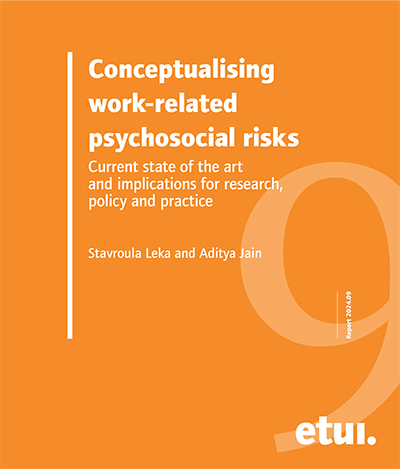About the Centre
Technological developments, climate change, global pandemics, demographic shifts and globalisation are transforming the world and the world of work. These forces are impacting who works and when, how work is organised and managed, and how work environments are defined. People and the work they do should be placed at the centre of economic and social policy and business practice to achieve a sustainable and healthy future of work. Sustainable work means achieving living and working conditions that support people in engaging and remaining in work throughout an extended working life for as long as they wish. For this to be achieved, it is important that the factors that hinder employment are tackled. Job quality and healthy work and work environment design are the cornerstone of sustainable work.
Engagement with policy makers, business leaders, HR and (allied) health professionals, health and safety professionals and the academic community is at the heart of our research, education, consultancy and policy work. Key themes in our work include:
- Healthy work and workplace design
- Mental health and well-being in the future of work
- Leadership in sustainable work and organisations
- Organisational health and resilience, innovation and competitiveness
- Regulation and employment systems in the future of work
- Human rights, responsibility, trust and employee voice in new work landscapes
- Agile policy making, governance and sustainable work and development
- Lifelong learning and sustainable working lives
- Equality, diversity and inclusion in employment and new forms of work
- Workplace intervention development and evaluation





























